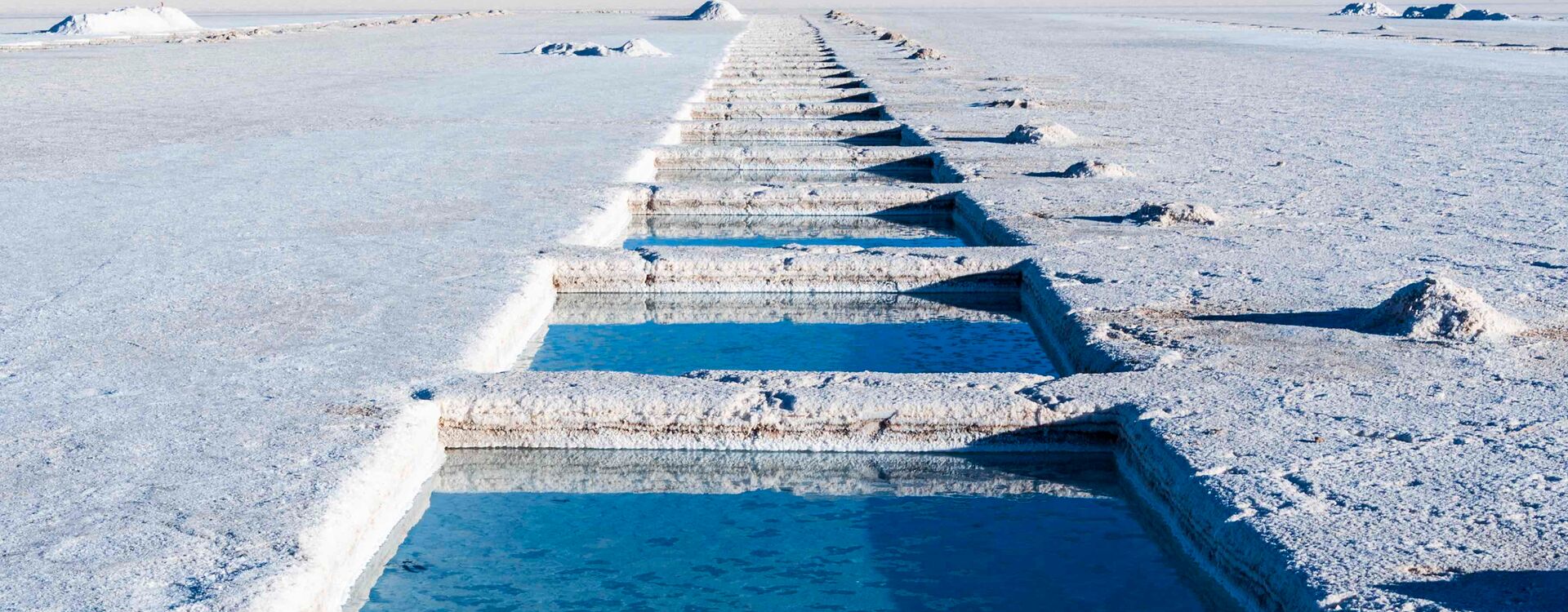German and European Raw Material Politics

Race for critical raw materials
Global demand for metallic raw materials is growing rapidly. At the same time, the war in Ukraine and the COVID pandemic have drastically exposed the vulnerability of raw material supply chains to crises and the dependence on specific countries for imports. Politicians and companies fear being left behind when it comes to access to critical raw materials for crucial industries such as electric mobility and digital technologies.
At German and EU level discussions about solutions to secure access to critical raw materials in order to prevent disruptions to supply chains are ongoing. Among other things, the Federal Ministry for Economic Affairs and Climate Protection (BMWK) published the key issues paper "Towards a sustainable and resilient supply of raw materials" at the beginning of 2023. The European Critical Raw Materials Act was also passed at the end of 2023. Both initiatives aim to secure the supply of critical raw materials for industry in the areas of energy transition, digitalisation, defence and space.
Business as usual as Greenwashing
What is new here is the narrative with which the raw materials policy initiatives are being driven forward. The policy initiatives emphasise repeatedly that increased extraction of raw materials such as lithium, cobalt and copper is essential for the green transformation towards a climate-neutral economy. However, this argument is only convincing at first glance. The mining and processing of metals itself contributes a significant amount to global warming, accounting for around 10% of global greenhouse gas emissions. The majority of the predicted increase in demand for raw materials is not due to wind turbines and solar panels, but to electric cars. However, various studies show that a holistic mobility transition, which focuses on strengthening public transport, cycling and walking and reducing the number of cars, requires significantly fewer raw materials.
On closer inspection, it becomes clear that the current raw materials policy initiatives are primarily a continuation of "business as usual" with a hint of greenwashing and are primarily about competitive advantages for key German and European industries. The legitimisation of the expansion of mining for climate protection must not obscure the fact that mining endangers ecosystems worldwide and is associated with human rights violations. Most people in the Global South will not benefit from the promised "green growth".
Together for a raw materials transition
WEED fights for a globally just and ecologically sustainable raw materials policy and critically follows debates on raw materials policy. We are actively involved in legislative processes at German and EU level. To this end, we are in close contact with other German non-governmental organisations and partner organisations from the Global South. Among other things, we are part of AK Rohstoffe, a network of German non-governmental organisations that campaigns for human rights, social standards and environmental protection along metal-mineral raw material supply chains.